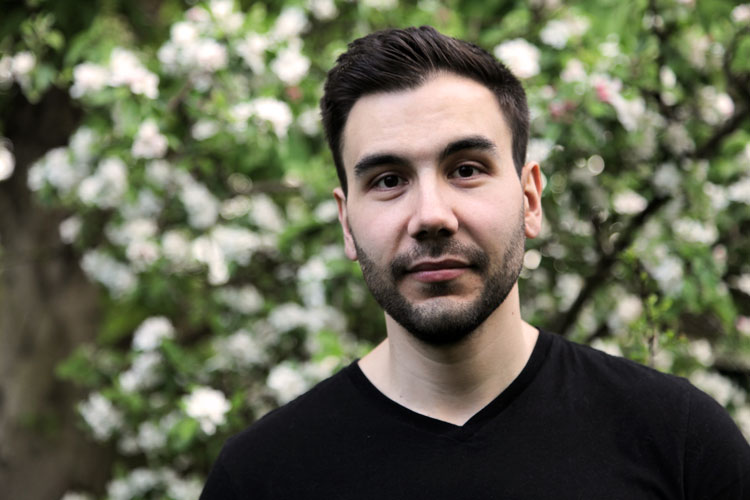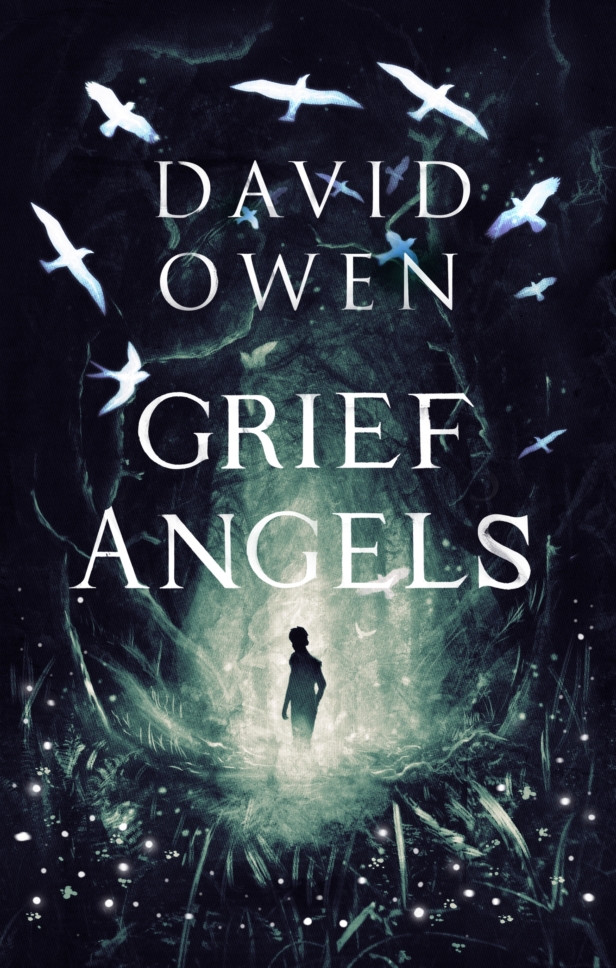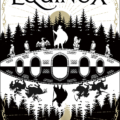When an author rejects the label of science fiction and fantasy being applied to their works, it’s usually due to disdain for the genre. For me, it was because I never believed my books deserved it.
It seemed to me a matter of credentials. My books are predominantly contemporary young adult (YA) fiction. They focus on teenagers living in mundane settings (tower blocks, council flats, semi-detached houses) and struggling with cheerful afflictions like depression and isolation. They are each, however, characterised by a drop of the fantastical that sends broad ripples through the commonplace fabric of my stories.
A boy struggling against the destructive force of depression encounters a talkative wild panther living in the neighbourhood allotments. A girl desperate to forge human connections begins to physically disappear from reality when her social media profiles are deleted. I knew these weirder twists tugged my stories away from being strictly contemporary, but they hardly seemed enough to justify labelling myself an SFF author. I even felt uncomfortable calling my second book, a contemporary reimagining of sci-fi classic The Midwich Cuckoos by John Wyndham, replete with aliens, extra-terrestrial pregnancy, and children wielding supernatural powers, a science fiction novel because of its fiercely contemporary trappings.
Adding these fantastical elements to my stories has always come naturally to me. Firstly, they provide some capital ‘P’ Plot to hang my narrative over. More importantly, they afford me greater space to explore the full depths of gritty contemporary issues. By not strictly limiting myself to the bounds of reality, I can take an issue clearly recognisable by teenagers today and push it as far as it will go, often into unique and unusual places.
In other words, I pilfer elements of genre to serve as shamelessly unsubtle metaphors.

My latest novel, Grief Angels, is my most pronounced step into the fantasy genre yet. Protagonist Owen Marlow is periodically whisked away from the real world and into a mysterious forest realm where he must test himself against shapeshifting monsters, deceitful spirits, and ancient kings as he pursues his father’s misplaced soul. Although this fantasy world does bleed through a little, it is much more separate from the contemporary strand of the narrative than in my previous books.
Owen is trying to come to terms with the complex feelings of grief he is experiencing following the death of his father, feelings that are often too confusing and half-formed to properly confront. Introducing this separate, self-contained fantasy world to the story allowed me to give physical form to the abstract feelings Owen is grappling to understand. In this way, they can be better seen and understood by both him and my reader.
Grief Angels, then, and all my books to one extent or another, fall into the rich vein of science fiction and fantasy that insert a shard of magic or technology into our everyday existence to offer us fresh perspective on it. And that, really, is why SFF retains its popularity and never goes stale – whether its set far into the future or in an epic fantasy world far removed from our own, it always moves with the times and offers plenty of comment and insight into the world around us today. It was when I expanded my own understanding of what SFF means, and the powerful relevance it preserves, that I became proud to label my books as science fiction and fantasy.
Grief Angels is out now from Atom Books.

